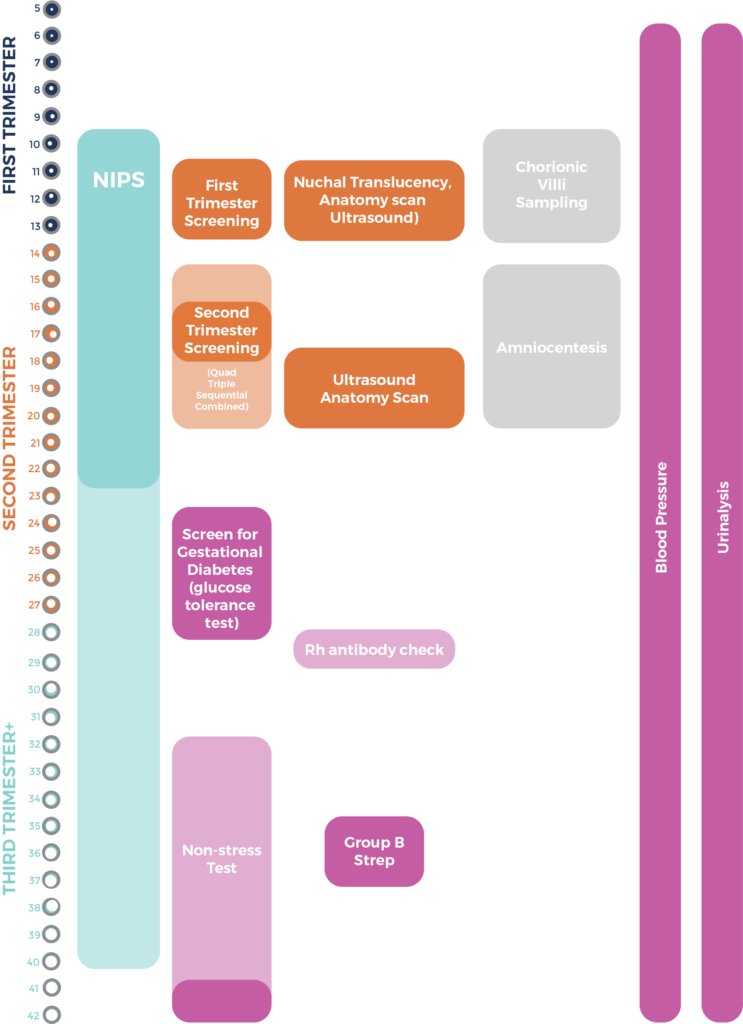
Genetic Testing During Pregnancy Pros And Cons. Genetic screening is done during pregnancy to obtain the information whether the baby has a risk of any genetic disorder. Undergoing prenatal genetic testing has several pros and cons. Genetic testing also helps individuals trace their family lines not just to learn more about their. Of course there are pros and cons to genetic testing and it is important to consider how certain results may affect your pregnancy journey.

Prenatal genetic testing has been a source of controversy for many parents to be. Learning family history and any potential. Getting insight into the health of your future baby can be very valuable information. That she notes involves reading a DNA sequence from start to finish to see if there are any interruptionsdisruptions mutations associated with the disease in question that stop the gene from making normal proteins. Genetic testing also helps individuals trace their family lines not just to learn more about their. After knowing that the baby is having a genetic disorder many parents abort their child.
In most cases of genetic disorders the baby is affected if both the parents pass on the faulty genes to the baby.
Genetic testing involves taking the blood test of the prospective parents when they are planning to get pregnant or are already pregnant to check for any faulty or abnormal genes that may be passed on to the baby which may lead to genetic disorders. Negative ides of parenthood can develop and could cause problems within the partnership. Both can place a pregnancy at risk for bleeding infection premature rupture of membranes and even loss of the pregnancy. Mutational analysis in the hemophilia gene through amniocentesis or cvs testing is available. These diagnostic tests do come with more risks than genetic screening because of their invasive nature. On the negative side it carries a risk of harming the fetus and can increase the likelihood of miscarriage.